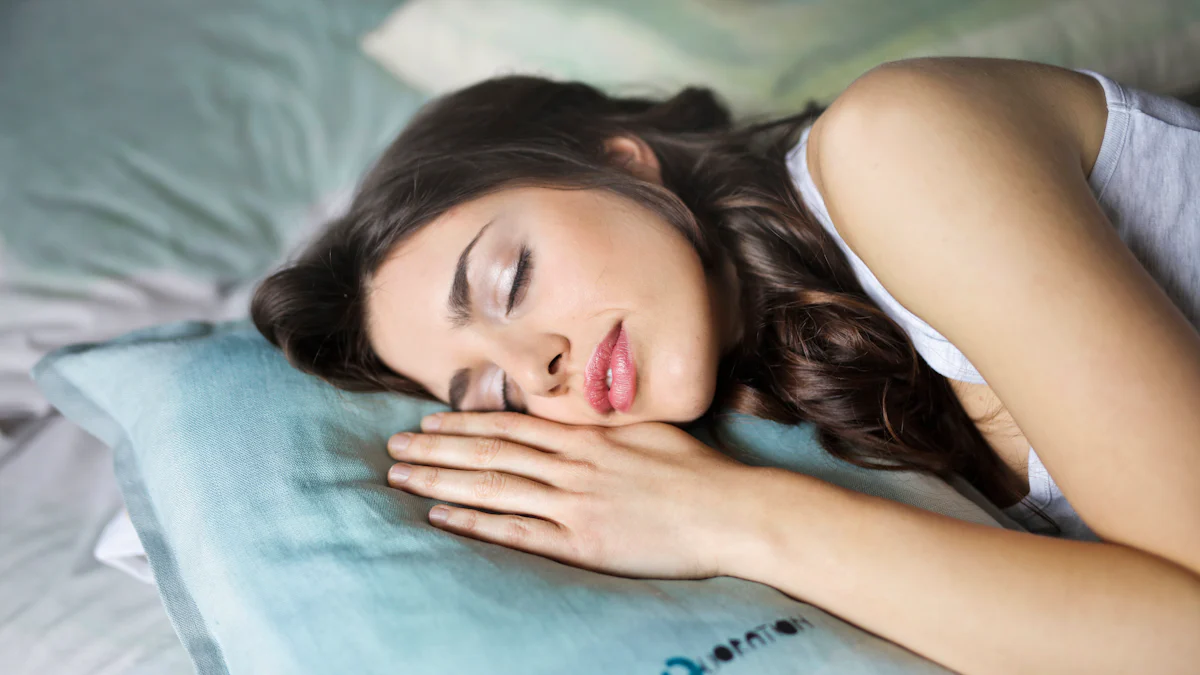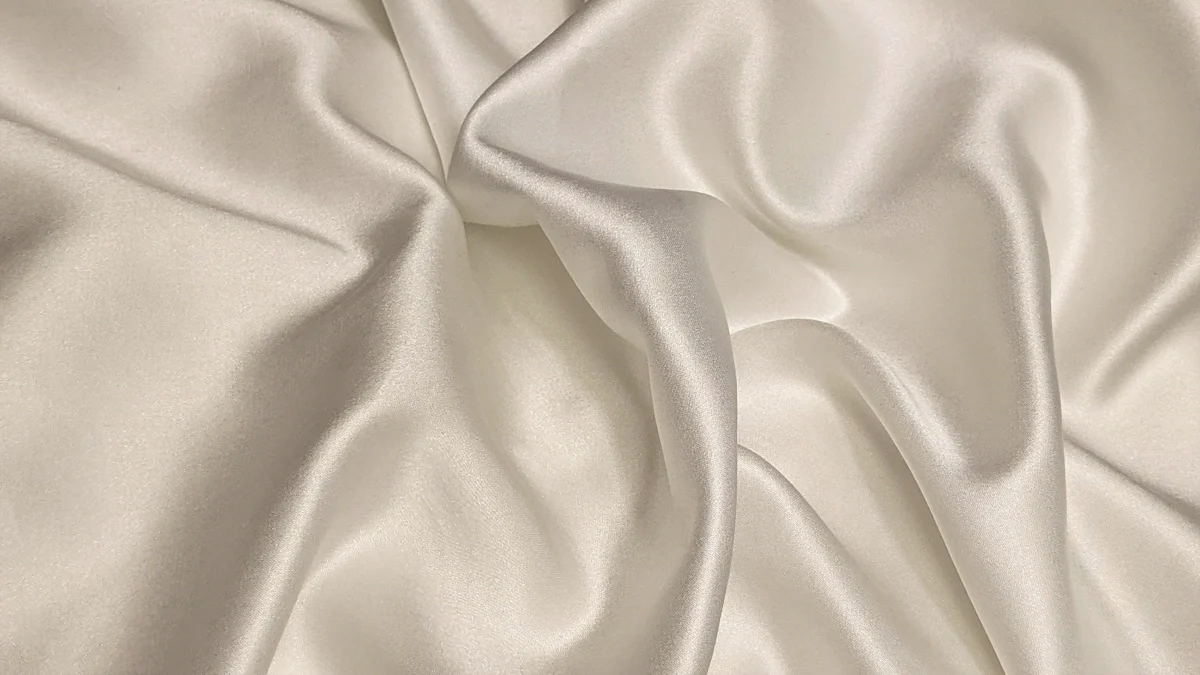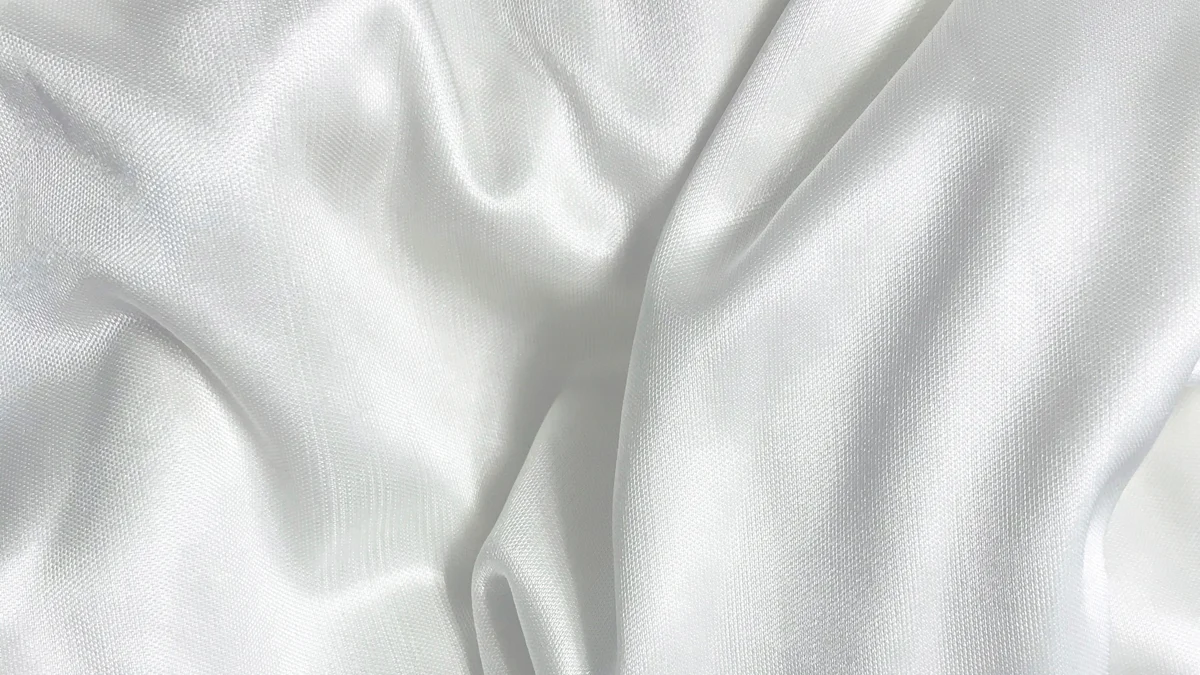
Scalp moisture is crucial for healthy hair, and the choice of pillowcase plays a significant role in maintaining it. Silk pillowcases are known for their unique properties that help retain scalp moisture, leading to smoother and shinier hair. This blog will delve into the importance of scalp hydration, the impact of pillowcases on hair health, and why opting for a silk pillow case can make a difference in your daily hair care routine.
Understanding Scalp Moisture
Importance of Scalp Moisture
Maintaining a well-moisturized scalp offers numerous benefits.
Benefits of a well-moisturized scalp
- Healthy hair growth is promoted.
- It prevents itchiness and flakiness on the scalp.
- Hair becomes more manageable and less prone to breakage.
Common issues with dry scalp
- Dry scalp can lead to dandruff problems.
- It may cause hair to appear dull and lifeless.
Factors Affecting Scalp Moisture
Various factors can impact the moisture levels of the scalp.
Environmental factors
- Exposure to harsh weather conditions can strip the scalp of its natural oils.
- Sun exposure can lead to dehydration of the scalp.
Hair care products
- Certain hair products contain chemicals that can dry out the scalp.
- Overuse of styling products may create a barrier that prevents moisture absorption.
Pillowcase material
The material of your pillowcase plays a crucial role in maintaining scalp moisture balance.
Unique Properties of Silk

Protein-Based Fiber
Composition of silk
Silk is composed of fibroin, a protein that contributes to its unique properties. This protein structure allows silk to be smooth and gentle on the hair and skin.
Benefits of protein-based fibers for hair
Protein-based fibers like silk help in retaining moisture in the hair, preventing dryness and breakage. The amino acids present in silk nourish the hair strands, promoting overall hair health.
Amino Acids in Silk
Types of amino acids in silk
Silk contains various essential amino acids such as glycine, alanine, and serine. These amino acids play a vital role in maintaining the moisture balance of the scalp and hair.
How amino acids contribute to moisture retention
The amino acids present in silk have hydrating properties that help in locking moisture into the hair shafts. This hydration prevents dryness and promotes a healthier scalp environment for optimal hair growth.
Silk vs. Cotton Pillowcases

When comparing silk pillowcases to cotton ones, a significant difference lies in their absorbency levels.
Absorbency Comparison
- Silk’s non-absorbent nature allows it to keep the natural oils in your hair, preventing moisture loss.
- On the contrary, cotton’s moisture-absorbing properties can strip your hair of essential oils, leading to dryness.
Friction and Hair Breakage
The texture of the pillowcase can impact hair health differently.
- Silk’s smooth texture reduces friction against the hair, helping retain scalp moisture and minimizing breakage.
- In contrast, cotton’s rough texture can cause friction that leads to hair breakage and hampers moisture retention.
Additional Benefits of Silk Pillowcases
Skin Health
- Silk pillowcases reduce friction on facial skin, preventing irritation and redness that can result from rougher materials.
- The smooth texture of silk helps in preventing the formation of sleep lines and wrinkles on the face, maintaining a youthful appearance.
Hypoallergenic Properties
- Silk’s natural resistance to allergens makes it an ideal choice for individuals with sensitive skin or allergies.
- The hypoallergenic properties of silk pillowcases reduce the risk of skin reactions and irritation, promoting healthier skin.
- Silk pillowcases offer a multitude of benefits for hair and skin health.
- The unique properties of silk help retain moisture, prevent breakage, and promote scalp hydration.
- Switching to silk pillowcases can lead to healthier, shinier hair and smoother skin.
- Embrace the change to silk for a luxurious and beneficial upgrade in your daily routine.
Post time: Jun-27-2024
